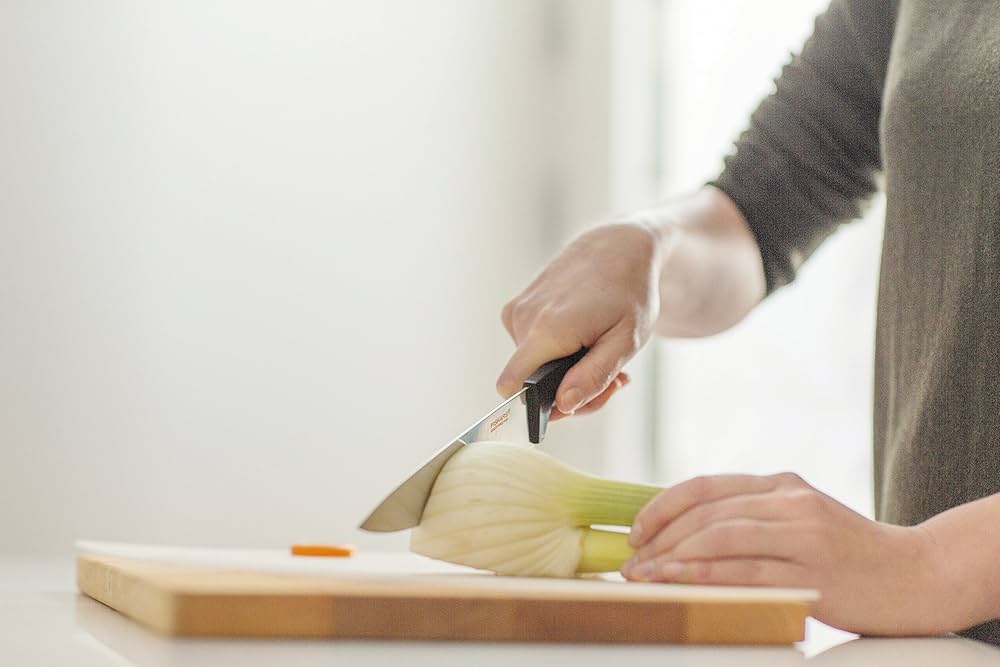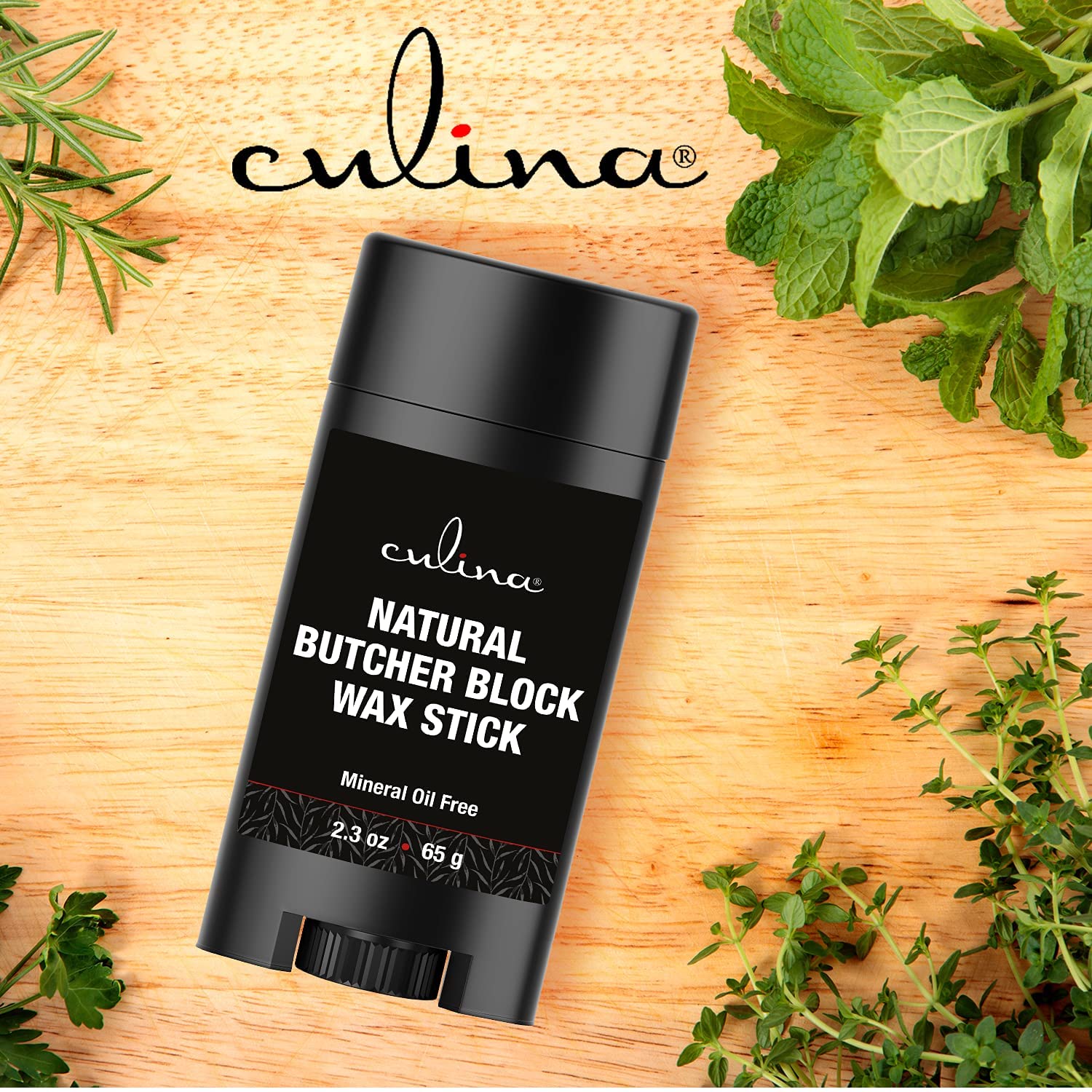When it comes to choosing a cutting board, the debate often narrows down to two principal contenders: wood and bamboo. Both types have their staunch supporters and unique benefits. This article will delve into their characteristics, advantages, and potential drawbacks, helping you decide the best choice for your kitchen. Cooking enthusiasts often grapple with this decision due to the varied reviews and experiences shared about these materials. Thus, understanding the nuances is paramount.

Understanding the Basic Differences
Introduction to Wood Cutting Boards
Wood cutting boards are revered for their durability. Wood is less prone to knife scarring compared to other materials and tends to be more gentle on blades. They are often made from species like maple, walnut, and cherry.
Introduction to Bamboo Cutting Boards
Bamboo cutting boards, on the other hand, are known for being eco-friendly. Bamboo is a rapidly renewable resource, growing to maturity in just three to six years. Also, its harder than wood, which means its less prone to knife marks.

Pros and Cons of Wood Cutting Boards
Advantages of Wood Cutting Boards
Durability: Wood cutting boards are sturdy and can last for many years with proper care.
Self-healing Properties: The fibers in wood boards have natural self-healing properties, which close up when cut, keeping the surface relatively smooth and safe.
Knife Friendliness: Wood is gentle on knives, maintaining their sharpness for a longer period.
Disadvantages of Wood Cutting Boards
Maintenance: They require regular oiling to prevent drying out and splitting.
Price: Generally, wood boards can be more expensive compared to other options.
Weight: Solid wood cutting boards can be heavy, making them less portable.

Pros and Cons of Bamboo Cutting Boards
Advantages of Bamboo Cutting Boards
Eco-friendly: Bamboo grows quickly and replenishes itself faster than wood. Choosing bamboo helps support sustainable practices.
Hardness: Bamboo’s hardness makes it resistant to knife marks and scars, which helps maintain a clean cutting surface.
Cost-efficient: Typically, bamboo cutting boards are more affordable than high-end wood boards.
Disadvantages of Bamboo Cutting Boards
Knife Wear: The hardness of bamboo can dull knife blades more quickly compared to wood.
Maintenance: Bamboo boards can crack if not regularly oiled, as they dry out over time.
Texture: Some individuals find the surface of bamboo boards slightly rough compared to wood.
Which Cutting Board is More Hygienic?
One of the foremost concerns with any cutting board is hygiene. Both wood and bamboo have properties that make them hygienic choices. Wooden boards are naturally antimicrobial, thanks to the tannins found in many types of wood. Bamboo also boasts antibacterial properties, but they are not as pronounced as wood. However, a well-maintained board – whether wood or bamboo – remains safe for daily use.
Care and Maintenance
Maintaining Wood Cutting Boards
Proper maintenance of wood cutting boards involves regular oiling with mineral oil to prevent them from drying out. They should be cleaned with warm soapy water and never submerged in water or put in a dishwasher, as it can lead to warping and cracking.
Maintaining Bamboo Cutting Boards
Like wood, bamboo boards also need regular oiling. However, bamboo requires less frequent oiling compared to wood. They should also be cleaned with warm, soapy water and never subjected to prolonged water exposure or dishwashers.
Environmental Impact
When considering the environmental impact, bamboo cutting boards take the lead due to bamboo’s fast growth rate and sustainability. It consumes fewer resources to cultivate and harvest compared to traditional hardwoods.
Which Should You Choose?
The choice between wood and bamboo cutting boards boils down to personal preferences and priorities. If durability, a gentler surface on knives, and self-healing properties are your primary concerns, then wood is the right choice. However, if sustainability, hardness, and cost-effectiveness appeal more to you, then bamboo could be a terrific addition to your kitchen.
FAQ
Why do wood cutting boards need regular oiling?
Regular oiling prevents wood cutting boards from drying out, which can lead to cracks and splits. It keeps the board in good condition, ensuring its longevity.
Is bamboo really more eco-friendly than wood?
Yes, bamboo is considered more eco-friendly due to its rapid growth rate, which allows it to replenish much faster than hardwood trees used for wood cutting boards.
Can I use any oil for my cutting boards?
No, it is best to use food-grade mineral oil or board cream specifically designed for cutting boards. Avoid using vegetable oils as they can go rancid and cause undesirable odors.
If you are looking to learn more about taking care of your cutting boards or exploring different types, you might find this external link helpful.
Additionally, you can check out tips on maintaining boards on how to clean a white cutting board or get inspired by exploring recipes like chicken shish kabobs or boneless country-style pork ribs.
As an Amazon Associate, I earn from qualifying purchases.

